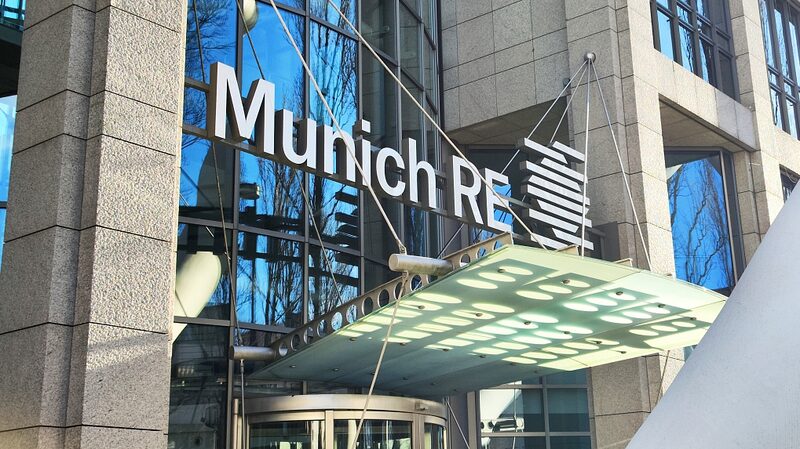As technology evolves at a lightning pace, the world’s largest reinsurer, Munich Re, is sounding the alarm on escalating cyber risks fueled by generative artificial intelligence (AI).
In a recent report, Munich Re highlighted a significant uptick in cyber-attacks over the past months, with ransomware incidents increasing dramatically. Last year alone saw double the number of software supply chain attacks compared to the previous three years combined, underscoring the growing sophistication of cyber threats.
Data from Statista reveals a staggering projection: the annual global cost of cybercrime is expected to soar from $8.15 trillion in 2023 to an eye-watering $13.8 trillion by 2028. This surge is partly driven by attackers leveraging AI to create highly personalized phishing emails and vishing calls, making deception more convincing than ever.
Recent developments, such as OpenAI’s Voice Engine—which can mimic any human voice with just 15 seconds of audio—underscore the potential for AI misuse. OpenAI itself has recognized these risks, choosing to limit the widespread release of this technology for now.
However, it’s not all doom and gloom. Munich Re points out that AI can also be a powerful tool for cyber defenders. By enhancing detection and response capabilities, AI can help mitigate some of the threats posed by sophisticated cyber-attacks. Additionally, the cyber insurance market has been booming, nearly tripling in size over the past five years and projected to reach around $29 billion by 2027.
Despite the growth in cyber insurance, Munich Re cautions that the industry has its limits. Juergen Reinhart, a cyber expert at Munich Re, emphasized, “The most severe systemic cyber risks, such as the failure of critical infrastructure or damage from cyber warfare, cannot be borne by the private sector.” This highlights the need for comprehensive strategies that go beyond insurance to safeguard our digital future.
Reference(s):
German reinsurer warns generative AI raises global cyber risks
cgtn.com




